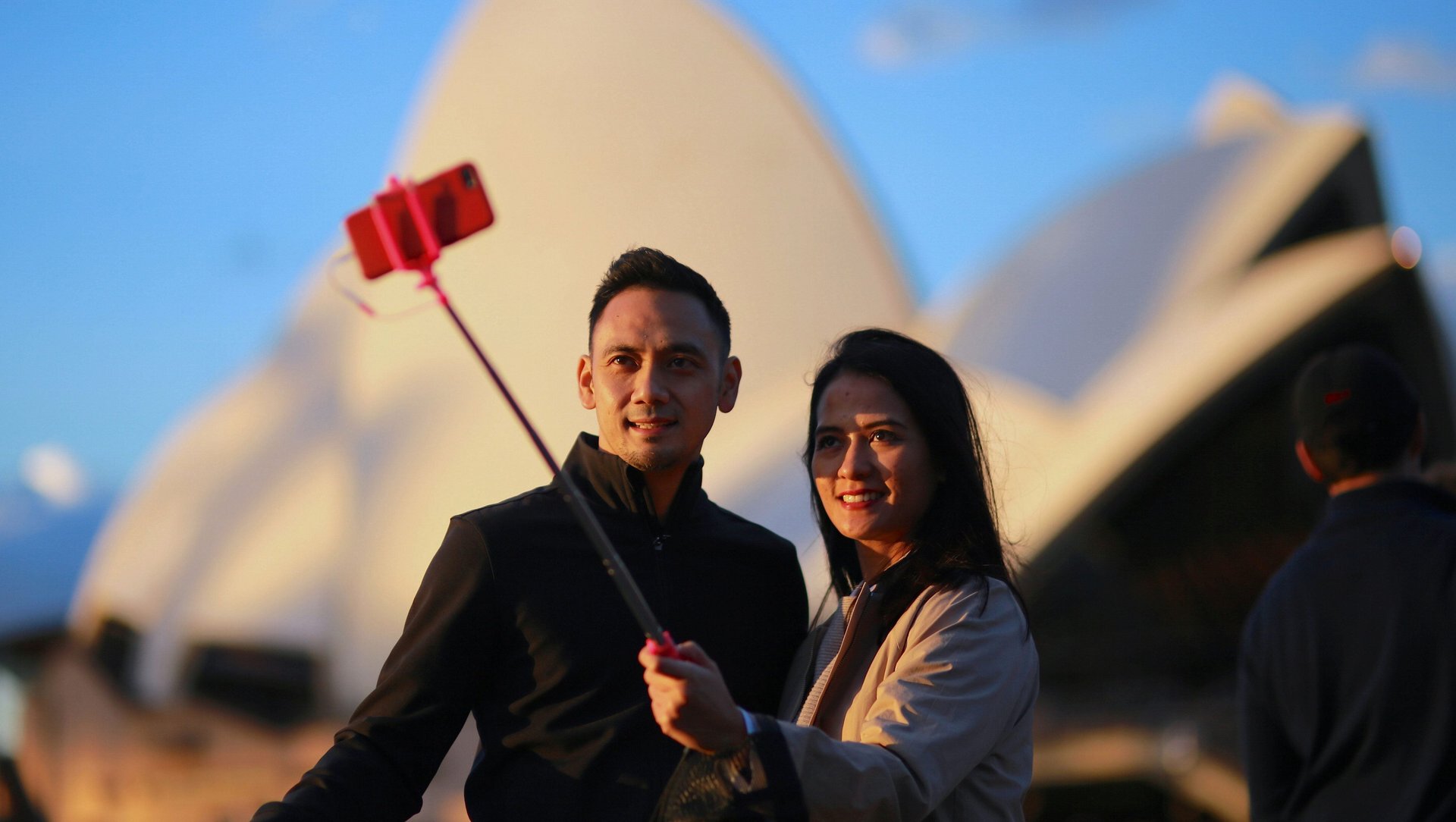You can now book travel by taking an Instagram screenshot
We’ve reached peak #wanderlust: You can now book travel on your smartphone by simply taking a screenshot of an Instagram post of a destination that looks particularly appealing.


We’ve reached peak #wanderlust: You can now book travel on your smartphone by simply taking a screenshot of an Instagram post of a destination that looks particularly appealing.
The new feature, called “Look and Book,” comes courtesy of easyJet, a low-cost airline in the UK. The company’s app identifies a location in a given photo using image-recognition technology and Instagram’s geotagging information, according to advertising publication Campaign. Then, the app is supposed to automatically fill out booking fields. No further research necessary. (Though “Look and Book” only applies to European destinations.)
It can work for photos found elsewhere (even your iPhone library), but the airline recommends Instagram screenshots for best results.
It could just be an advertising gimmick. “Ever had Instagram travel envy?” asks easyJet in its announcement of the new feature. On the other hand, Instagram has emerged as an incredibly powerful force in the world of travel, and it’s easy to see how people might be tempted to use the feature.
Instagram isn’t just the platform to share your “hot dog legs” palm tree beach pic. It’s where people are finding their next travel destination. What’s more, “Instagrammability” has become a travel criterion.
There’s nothing wrong with using Instagram as a space to discover new places. It’s not all that different from finding travel ideas in magazines or guidebooks, except it’s more accessible and offers far more options, tailored to each individual’s preferences.
And Instagram’s reach is far larger than any one magazine’s or guidebook’s. Tourism boards recognize this, and use it to their advantage, boosting local economies.
Instagram may help people discover new places, but it can also transform them while catering to the Insta-crowd. This influence has a sinister side: Particularly Instagrammable spots become overrun with tourists, who might damage natural landscapes, disrespect local cultures, or even risk their own lives while taking that perfect selfie.
And booking a trip based on one Instagram photo plays into a central fallacy that rules the platform: that what you see is what you get. Instagram is built on illusions, almost always offering the most perfect version of an image (and replicating it again and again). Crowds and trash can always be cropped out.